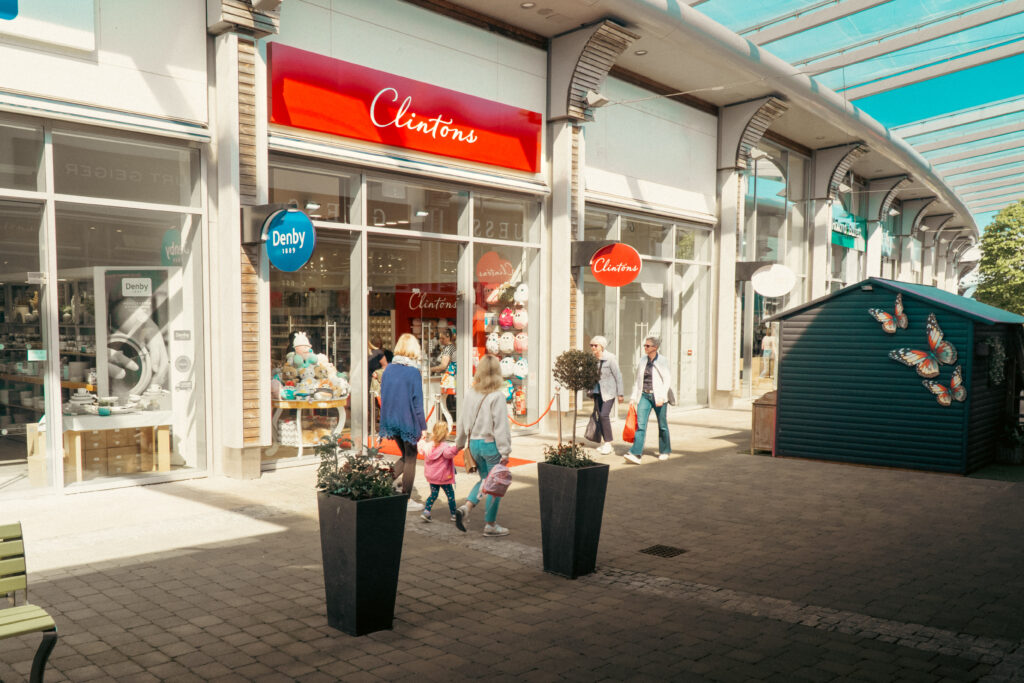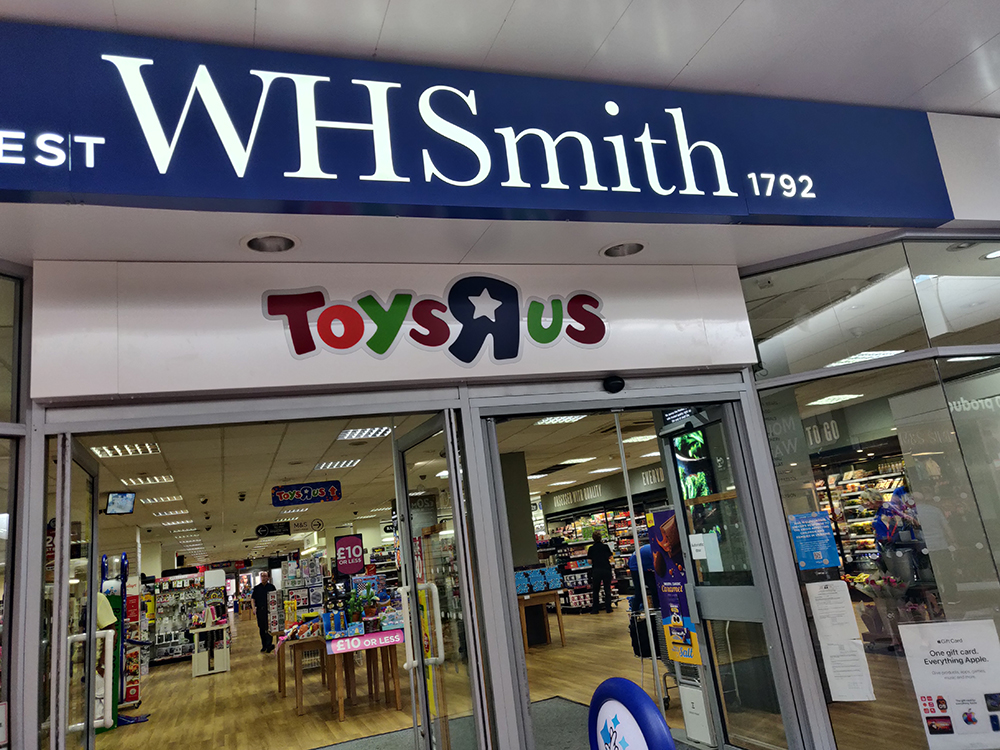With Christmas a fading memory – and the January sales in full swing – retailers of all sizes are analysing their positions and looking at what they could have done better. We know results were a mixed bag with John Lewis widely reporting a 15 per cent overall rise in Christmas sales along with a 44 per cent jump in its online sales, unsurprisingly physical sales of CDs were down whilst digital downloads of music, video and video games passed £1 billion in the UK for the first time in 2012. One thing is for sure; consumers and the way they shop is changing forever.
Twelve months ago, expectations were high with hopes that the ‘Summer of Sport‘ and the Jubilee could have gone some way to kick-starting a recovery for the retail sector. Interestingly, the focus of the retailers I meet has shifted and most now accept that the trading conditions we are currently experiencing on the high street are the new norm and they realise they must now adapt in order to survive in the long-term.
Since the crisis began in 2008, retail businesses have tended to base their strategies and main focus around cost cutting or streamlining. Consequently, over the last four years, there has been a high demand for cash management and business re-organisation specialists on an interim basis. To qualify this, retailers have said that ‘when the market returns‘ they will be ‘better positioned‘ and – therefore – ‘a more streamlined business‘. Unfortunately, the realisation is that the market isn‘t coming back any time soon and – despite having made these cutbacks – they again need a change in strategy.
In my view, the focus now needs to be on three key areas; product, stores (as part of an omnichannel proposition) and the effective development of e-commerce platforms. With consumers having less disposable income they now want their money – quite rightly – to go further and so a retailer‘s product proposition must be desirable and the first choice. Unfortunately, all retailers can‘t be in Apple‘s position with a vertically-integrated supply chain and a steady stream of new, highly desirable product launches like the iPad Mini which was – of course – a bestseller this Christmas. We have all witnessed businesses making cost savings but failing to develop their product offering – no matter what it is – will spell disaster. Without naming any names, these are the ones that are expected to go into administration over the next few months once rents are due and investors decide to pull their support.
There is a lot of discussion around scaling back the number of retail outlets and moving away from ‘bricks and mortar‘ resulting in more of a focus on omnichannel retailing. It sounds great in theory but stores and footfall still pay a crucial part in the customer‘s overall journey. There are a number of UK retailers which create an exceptional experience in-store; just ask any parent who has been to Pets at Home or Hobbycraft or – indeed – anyone who has bought from an Apple store recently. There is a fine balance of getting customer engagement right and unfortunately many retailers are at the opposite ends of the spectrum; ranging from forcing themselves upon the customer to complete indifference. Retailers need to be acutely aware that the customer may not actually transact in the store but by creating an experience the hope is that if they will go home to buy online after being inspired by brand loyalty rather than just buying on price alone from a faceless online ‘specialist‘.
Mobile and e-commerce also continue to grow in the UK with smartphones and tablets being at the top of many wish lists, and the seemingly unstoppable growth of businesses including Amazon and ASOS, it is no longer just acceptable to have a transactional platform. Investment needs to be made in website and mobile applications to stop the gap between those who do it well and those that don‘t from getting bigger. We are also
RELATED STORIES

















